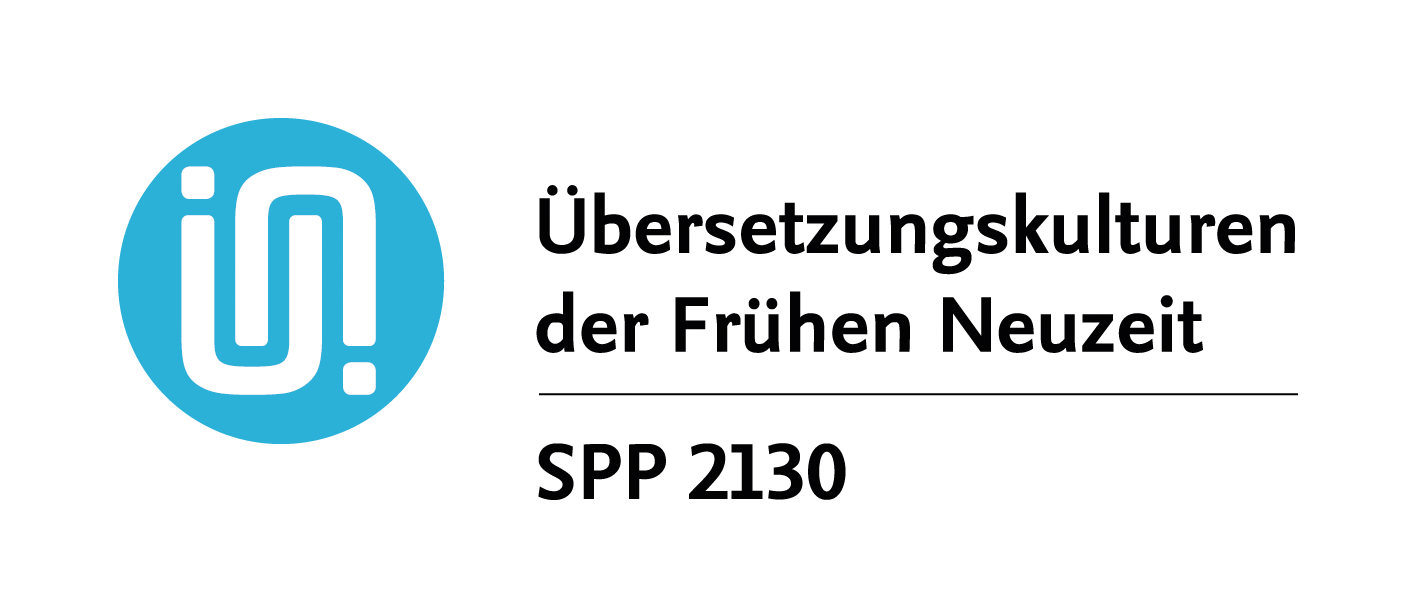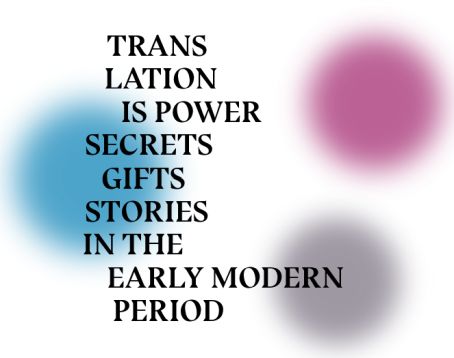Calender
Event Information:
-
Wed13Sep2023Fri15Sep2023Würzburg
Gender and Diversity in Early Modern Translation Cultures
Fifth annual conference of the SPP 2130 ‘Early Modern Translation Cultures’
Translators are not bodyless and historyless beings. They inscribe themselves and their own subjective understandings as well as culturally dominant social and sexual norms into their translations, which they moreover gear towards specific target groups consisting of persons with certain identity markers. The philological utopia of a ‘faithful’ translation – that is, the reproduction of the source text without deviation in meaning – long distorted our perception of the hierarchizing and gender-normalizing practices of translation. This went hand in hand with the marginalization of translators, whose work, if it was perceived at all, was belittled as secondary, receptive, and passive.
The fifth annual conference of the SPP 2130 ‘Translation Cultures of the Early Modern Period’ will take place in person at the Burkardushaus in Würzburg on 13–15 September 2023. Interested parties are cordially invited to register for participation with Annkathrin Koppers (spp2130@uni-wuerzburg.de) by 30 August 2023.
If enough people are interested, a (limited) online participation option will also be organized.




